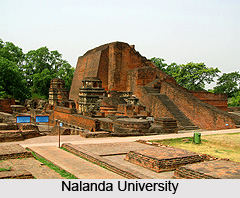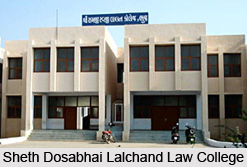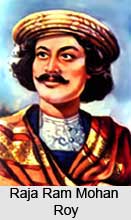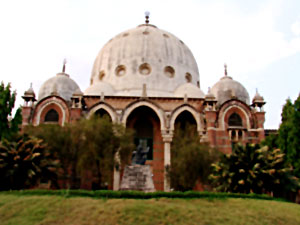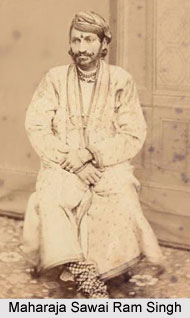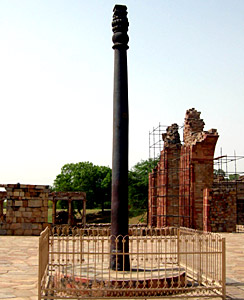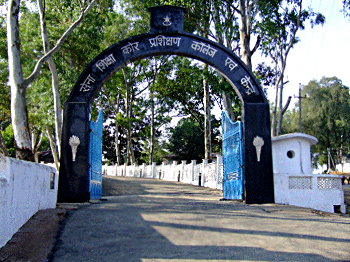All India Common Entrance Examination (AICEE) by the Veterinary Council of India is organized for the admission to first year Bachelor degree programme of Veterinary Science (BVSc) & Animal Husbandry (AH). Veterinary Council of India is a statutory legislative body of the Government of India, which is framed under an Act of Parliament that is the Indian Veterinary Council Act, 1984. This Act is for regulating the Veterinary practice and the professional Veterinary education in the country. Except the states of Jammu and Kashmir and Tamil Nadu, this Act stands extended to all the States across India. The aspirants who are interested in this field need to remember that only those who acquire a recognised veterinary qualification and registration are eligible to practice in the country. All India Common Entrance Examination (AICEE) is conducted for the admission in programmes like B.H.M.S / B.Sc (Nursing) / B.Pharm. / B.P.T/ B.A.S.L.P / B. Opt or B.O.T programs. The duration of degree courses like BVSc & AH is five complete academic years that also include compulsory internship of six months.
Application Forms
The interested candidates can obtain the application form and the information bulletin by cash payment of the certain requisite amount that includes the examination fee through a Bank Draft drawn in favour of Veterinary Council of India payable at New Delhi, along with a request letter. Candidates should also send self addressed unstamped envelope along with the request letter. They need to remember that no Money Order would be accepted. Apart from the offline mode, the candidates can also apply online and the application form can be downloaded from the university official site of the Veterinary Council of India. Advertisement carrying information about the application and last date of submission appears in leading newspapers of the country.
Eligibility Criteria for AICEE
The candidate must have passed the higher secondary examination that is 10+2 or any equivalent examination with English, Mathematics, Physics and Chemistry as the sore subjects. Students who are appearing for the 10+2 examinations or any equivalent examination can also apply. The candidate`s age should be minimum 17 years at the time of admissions. The candidate must have obtained a minimum of 50 per cent of marks (40% for the SC/ST candidates) for appearing in the All India Common Entrance Examination (AICEE).
Courses Offered
• H.M.S
• B.Sc (Nursing)
• B.Pharm.
• B.P.T
• B.A.S.L.P
• B. Opt
• B.O.T
Pattern of Examination
The AICEE test is usually of three and a half hour duration comprising syllabus including physics, chemistry, biology and English of the 10+2 level. The question paper of this entrance test carries objective questions with multiple-choice options.
Selection Process
Selection of any candidate is totally based on the written exam followed by a personal interview.
Syllabus
The syllabus of the AICEE is same as that of 11th and 12th standard.
Chemistry
Some Basic Concepts of Chemistry, States of Matter, Atomic Structure, Classification of Elements and Periodicity in Properties, First Law of Thermodynamics and Chemical Energetics, Chemical Bonding and Molecular Structure, Equilibrium-I - Equilibrium processes and phase equilibria, Equilibrium-II - Ionic Equilibrium in Solutions, Redox Reactions, Principles and Processes of extraction of Elements, Organic Chemistry, Hydrocarbons, Purification and Characterisation of Carbon Compounds, Organic Compounds with Functional Group Containing Halogens, Environmental Chemistry, Atomic Structure and Chemical Bonding, Solutions, Thermodynamics, Electrochemistry, Chemical Kinetics, Surface Chemistry, P-Block Elements, d and f-Block Elements, Coordination Compounds and Organometallics, Nuclear Chemistry, Stereo Chemistry, Organic Compounds with Functional Group Containing Alcohols, Phenols and Ethers, Nitrogen, Aldehydes, Ketones, Carboxylic acids and their derivatives, Polymers, Bio molecules, Chemistry in Everyday Life.
Biology
Living World, Biology and its branchesDiversity of Life, Cell and Cell Division, Genetics, Morphology of Plants and Animals, Physiology of Plants, Physiology of Animals, Reproduction, Growth and Development, Ecology and Environment, Biology in Human Welfare.
Physics
Physical World and Measurement, Kinematics, Laws of Motion, Work, Energy and Power, Motion of System of Particles and Rigid Body, Gravitation, Mechanics of Solids and Fluids, Heat and Thermodynamics, Oscillations, Waves, Electrostatics, Current Electricity, Magnetic Effect of Current and Magnetism, Electromagnetic Induction and Alternating Current, Electromagnetic Waves, Optics, Dual Nature of Matter and Radiations, Atomic Nucleus, Solids and Semi-Conductor Devices, Principles of Communication, Space Communication.
The All India Common Entrance Examination (AICEE) is the entrance exam that is undertaken by the aspirants for getting admissions into the professional Bachelor of Veterinary Science and Animal Husbandry degree programmes.
